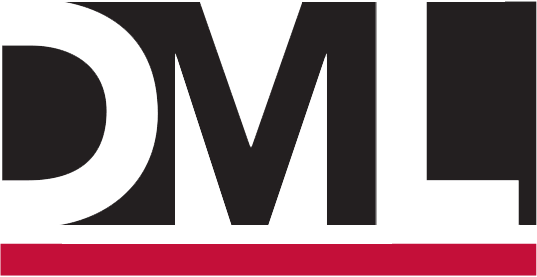Training overview (Now Retired)
I offer day-long workshops, keynote presentations, conference breakout sessions and webinars. Once I learn of your particular training needs and schedule, I can customize the options to reach your training goal. Please contact me to discuss more.
Presentations are organized by major topic area, however we can mix and match to meet your needs.
w = workshop, k = keynote, b = breakout
ASAM Criteria (With a 4th Edition in 2023, I am no longer training on The Asam Criteria)
What Using the ASAM Criteria Really Means: Skill-Building and Systems Change (w) Details
Skill-Building in the ASAM Criteria: Using the Criteria in a Managed Care Environment (w) Details
Improving Skills and Systems to Implement The ASAM Criteria (w) Details
Understanding The ASAM Criteria: Principles and Practices (k, b) Details
How to Work Effectively with Insurance Payers and Utilization Review Using The ASAM Criteria (k, b) Details
helping people change
Motivational Interviewing 101: The Basics on Engaging People into Treatment (w) Details
Difficult to Reach Patients and Clients: How Motivational Interviewing Helps (w) Details
Engagement: How Motivational Interviewing Can Help Begin The Change Conversation With Customers In Integrated Health, Substance Use Disorders & Behavioral Health (w) Details
Helping People Change: What You Can Do to Make or Break the Therapeutic Alliance (k) Details
Helping People Change: How The ASAM Criteria Can Help (k) Details
Motivating and Engaging Hard-to-Reach People into Accountable, Collaborative Treatment (k, b) Details
Sticks and Stones: Words and Terms that Will Help You Ruin a Therapeutic Alliance (k, b) Details
Co-occurring disorders
Co-Occurring Disorders: Clinical Dilemmas in Assessment and Treatment (w) Details
Integrated Co-Occurring Disorders Services: Assessment, Staff, Skills and Systems Issues (w) Details
Recovery Management: What Do You Really Mean and Walking the Talk about Recovery (k) Details
Integrated Co-Occurring Disorders Services: How The ASAM Criteria Promote Integrated Care (b) Details
Why Integrating Mental Health and Addiction Services is Hard and What to Do About It (k, b) Details
Recovery and Relapse in Co-Occurring Disorders: Definitions, Dilemmas and Discrepancies (k, b) Details
Person-centered services & treatment planning
Skill Building in the Therapeutic Alliance and Collaborative Treatment and Documentation (w) Details
How to Develop Treatment Plans that Make Sense to Clients: Improving Documentation and Clinical Use of the Treatment Plan and Progress Notes (w) Details
Person-Centered Services: What Do You Really Mean and Walking the Talk (k, b) Details
Discovery, Dropout Prevention versus Recovery, Relapse Prevention: Doing Treatment and Change, not Doing Time - ACCEPT (k, b) Details
Understanding addiction
What They Never Taught You in School About Substance Use and Addiction; and What to Do About It (w) Details
Slips, Slides and Sobriety: Dealing with Relapse (w) Details
What They Never Taught You in School About Substance Use and Addiction (k, b) Details
Addiction: It Isn’t All a Brain Disease – Getting Back to Biopsychosocial (k, b) Details
Organizational development
Compassion Fatigue, Communication, Conflict, Coping: How to Keep the Behavioral Health Team Healthy (w) Details
Maintaining a Healthy Team: Communication, Conflicts and Coping (w, k, b) Details
How to Survive and Thrive During Integration Implementation (w, b) Details
Justice Services & Treatment
Moving Beyond Compliance to Lasting Change: How The ASAM Criteria and Evidence-Based Practices Can Help (w) Details
Moving Away from Cookie Cutter Care: What Individualized Treatment Really Means (k, b) Details
Doing Time or Doing Change? Collaborating for Accountable Treatment and Recovery (k, b) Details
Don't Give Treatment a Bad Name: What You Need to Know and Do to Work with Mandated Clients (k, b) Details
What to Do When Participants Aren’t Really Participating: Doing the Minimum to Comply, Poor Attendance, Using Substances (k, b) Details
Discharge, Suspend or Sanction? Improving Skills and Systems to Deal with Relapse, Continued Use and Continued Problems (k, b) Details
Five Key Principles in Helping People Change: Implications for Policies and Practices in Drug and Treatment Courts (k, b) Details
Words Matter: Terminology that Inhibits Successful Outcomes and What to Say if in a Court Team, Law Enforcement or Treatment (k, b) Details
Improving Communication and Multidisciplinary Team Work: How to Communicate and Integrate Treatment and Case information (k, b) Details,

